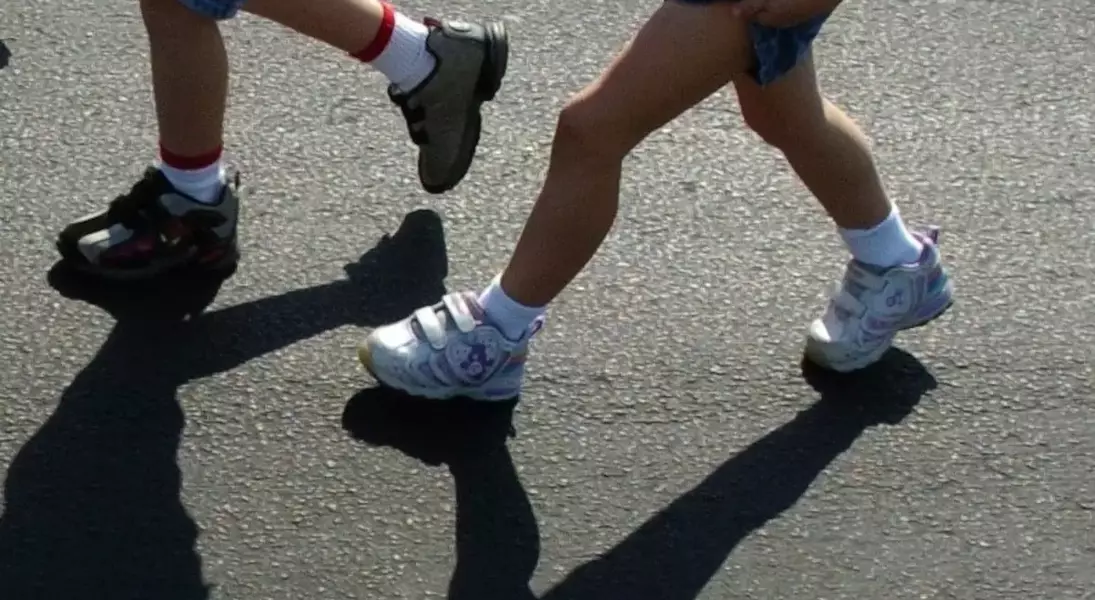
A poignant reflection on the balance between childhood independence and parental responsibility arises from a North Carolina incident. This situation raises questions about how society handles accidents involving children and whether punitive measures truly serve justice. It also prompts us to reconsider the value of resilience in child development.
When tragedy strikes, the instinct to assign blame is strong, yet such actions can obscure deeper truths about life's unpredictability. Society must navigate the fine line between accountability and understanding, ensuring that parents retain the ability to foster self-reliance in their children without undue fear of legal repercussions.
The Value of Independence in Childhood Development
Childhood experiences, including walking to school or playing unsupervised, play a crucial role in developing resilience and autonomy. These activities help children learn essential life skills while promoting physical health. Despite growing concerns over safety, allowing kids some freedom remains vital for their growth.
In many communities, children once enjoyed regular opportunities to engage in independent activities like biking to parks or crossing streets alone. Such experiences not only enhance problem-solving abilities but also instill confidence and responsibility. Parents who permit these activities aim to prepare their offspring for adulthood by encouraging exploration within reasonable limits. For instance, letting a seven-year-old walk partway to school fosters an early sense of responsibility and awareness of surroundings. While safety remains paramount, complete supervision at all times may hinder this natural progression toward maturity.
Striking a Balance Between Accountability and Compassion
Legal responses to accidental tragedies often overlook the complexities of parenting decisions. Instead of focusing solely on assigning blame, society should prioritize understanding and supporting families during difficult times. By doing so, we acknowledge both the importance of safety and the necessity of granting children room to grow.
Incidents such as the one in Gastonia highlight the challenges faced by parents when making choices about their children's independence. While authorities emphasize accountability, they risk undermining parental discretion by criminalizing well-intentioned decisions gone awry. In reality, no amount of oversight can eliminate every potential hazard. Therefore, rather than seeking retribution through harsh penalties, it might be more constructive to focus on preventive education and community support systems. Furthermore, recognizing that accidents happen even under ideal circumstances allows us to approach such situations with empathy instead of judgment. Ultimately, fostering an environment where parents feel empowered to nurture independent thinkers benefits everyone involved.
